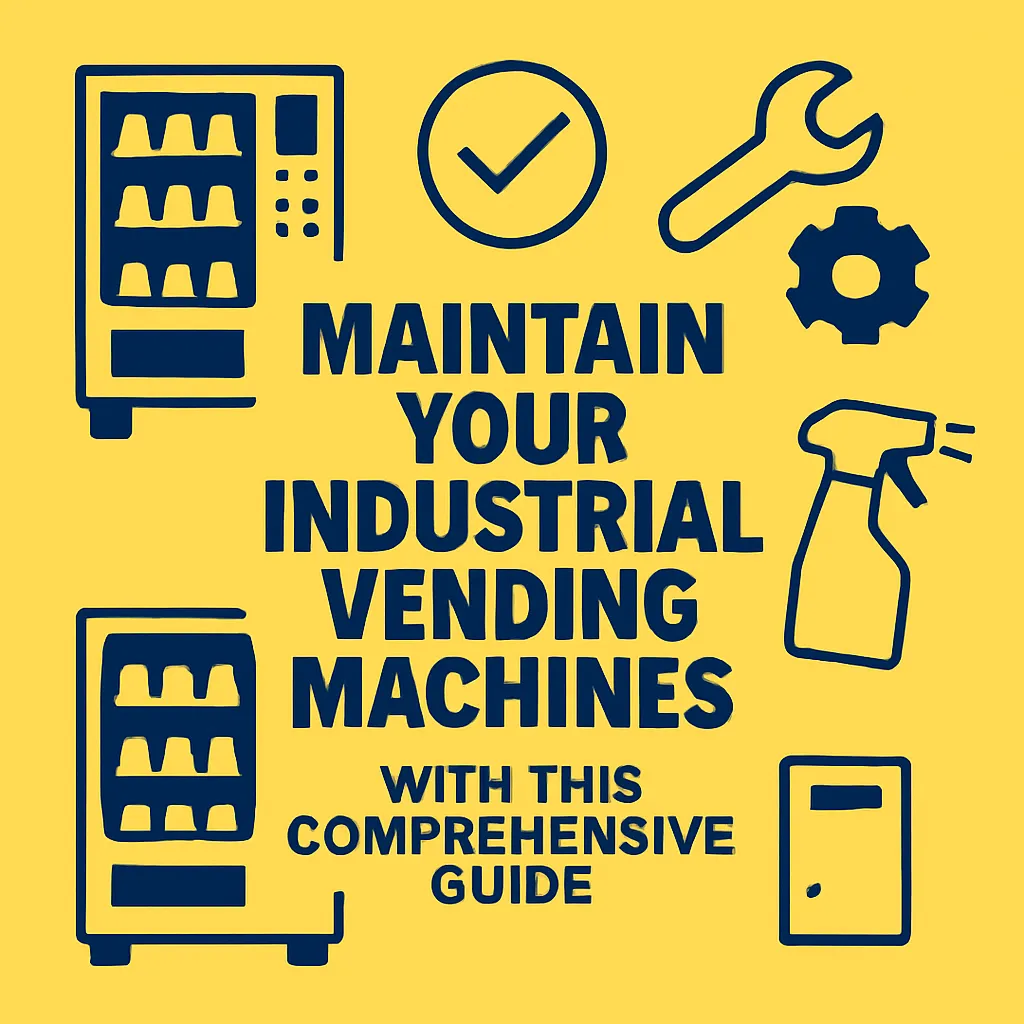Industrial vending machines are a critical asset in warehouses, manufacturing plants, and logistics centers, providing 24/7 access to essential tools, PPE, and even refreshments. Given the often harsh and demanding environments they operate in, a comprehensive maintenance strategy is not just recommended, it's crucial for maximizing uptime and ensuring a seamless supply chain. Neglecting routine care can lead to frequent breakdowns, lost productivity, and increased operational costs.
Establishing a Proactive Maintenance Schedule
The foundation of effective industrial vending machine maintenance is a well-planned, proactive schedule. This goes beyond simply reacting to malfunctions. Regular inspections should be conducted to identify potential issues before they escalate. Key areas to focus on include mechanical components like motors, gears, and dispensing mechanisms, where dust, debris, and continuous use can cause wear. Electrical connections and wiring also need periodic checks for corrosion or damage, which are common in humid or high-vibration settings. For insights into ensuring the equipment itself can withstand these challenges, explore information on equipment durability for industrial vending.
Cleaning and Environmental Considerations
Industrial environments are rarely sterile. Dust, oil, and other contaminants can quickly accumulate inside vending machines, affecting sensors, payment systems, and dispensing reliability. A regular cleaning regimen should include wiping down exterior surfaces, vacuuming interior compartments, and carefully cleaning sensitive electronic components with appropriate solutions. The frequency will depend heavily on the specific industrial setting; a woodworking shop will require more frequent cleaning than a climate-controlled assembly plant. Effective maintenance also ties into topics like touchless vending technology in warehouses, which offers hygienic benefits but still requires mechanical care.
Troubleshooting and Preventative Measures
While preventative maintenance aims to avoid issues, knowing how to quickly troubleshoot common problems is invaluable. Dispensing failures, payment errors, and slow operation are typical occurrences. Often, these can be resolved with simple steps like clearing product jams, resetting the machine, or checking for obvious blockages. Preventative measures extend to regularly updating machine software, which often includes performance enhancements and bug fixes. Keeping spare parts for common wear-and-tear items can also significantly reduce downtime when a larger repair is needed. To ensure your workforce always has access, consider solutions like 24/7 vending for shift workers, which depend heavily on reliable machine operation.
By prioritizing industrial vending machine maintenance, businesses can ensure their automated supply systems remain reliable, support employee productivity, and deliver a strong return on investment in the long run.

